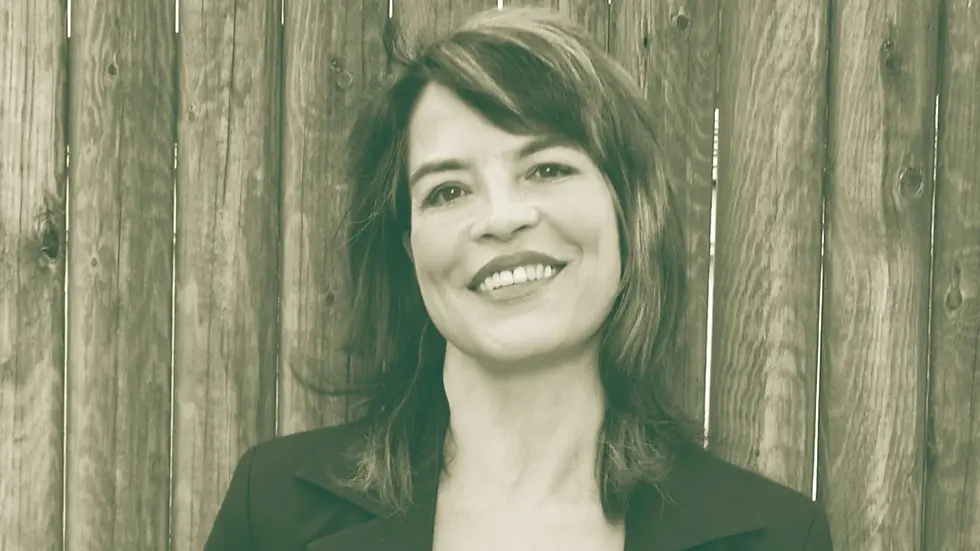Melody Beattie: The Founding Mother of Codependency Recovery
- Sarah Sá Couto

- Sep 1
- 2 min read
Updated: Sep 2

I only just learned that Melody Beattie, author of Codependent No More: How to Stop Controlling Others and Start Caring for Yourself (1986), passed away this year at the age of 76. The daughter of an alcoholic and a former alcoholic herself, she later found herself codependent toward her alcoholic husband. In spite of the life script she inherited, she became someone new: someone sober and living in her purpose.
As a recovery counselor and author, she helped us see our behaviors more clearly. She wrote with raw candor, the kind that only comes from living authentically. Even the way she wrote felt like recovery.
She remains my guru.
Here are some of my favorite quotes from her landmark book:
“Sadly many of us have had no place to go with all that anger. We swallow it, bite our tongues, stiffen our shoulders, push it into our stomachs, let it rattle around in our heads, run from it, medicate it or give it a cookie. We become passive-aggressive. When people ask us what’s wrong, we tighten our jaws and say “nothing, I’m fine, thank you”. We blame ourselves. Turn anger into depression. Put ourselves to bed, hope to die and get sick because of it. Unpleasant feelings are like weeds, they don’t go away when we ignore them, they grow wild and take over.”
“Some of us may be looking for love and coming up with sex instead.”
"Codependents are reactionaries. They overreact. They under-react. But rarely do they act."
“Many codependents, at some time in their lives, were true victims—of someone’s abuse, neglect, abandonment, alcoholism, or any number of situations that can victimize people. We were, at some time, truly helpless to protect ourselves or solve our problems. Something came our way, something we didn’t ask for, and it hurt us terribly. That is sad, truly sad. But an even sadder fact is that many of us codependents began to see ourselves as victims. Our painful history repeats itself. As caretakers, we allow people to victimize us, and we participate in our victimization by perpetually rescuing people. Rescuing or caretaking is not an act of love.”
Image: Melody Beattie

Comments